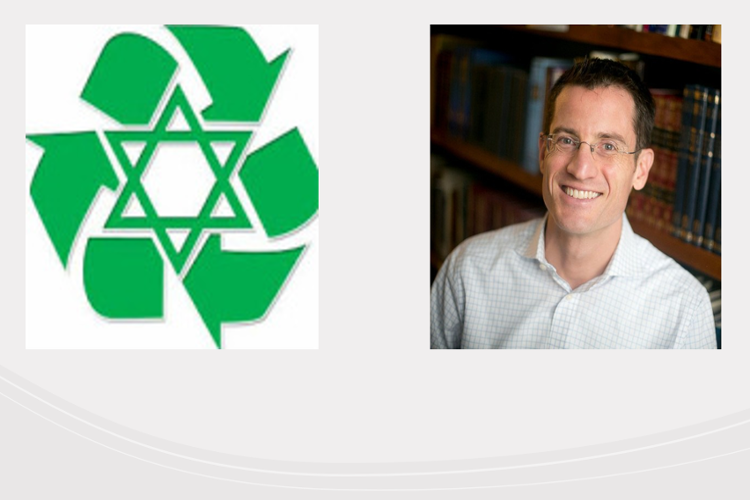New Course Alert: Jewish Approaches to Environmentalism

In some societies in which they have lived, Jews have been seen as “unnatural,” that is, disinterested in the natural world. What would it mean if this were true? Do Judaism and Jewish culture offer meaningful perspectives on the environment and climate change? Emory undergraduates now have the opportunity to explore these ideas in depth in a new class, JS 273: “Jewish Approaches to Environmentalism,” cross-listed with the Department of Religion.
Ideal for students who are curious about the assumptions that have animated Jewish ideas about the environment over the centuries and why individuals should be concerned about nature and the climate at all, the course examines contemporary Jewish environmental ethics alongside classic Jewish sources. Conventional environmental theories—anthropocentric, theocentric, and biocentric—will be investigated in preparation for developing a non-anthropocentric Jewish environmental ethic.
TJIS affiliated faculty member Jonathan Crane, the Raymond F. Schinazi Scholar of Bioethics and Jewish Thought at the Emory Center for Ethics and an expert on Jewish ethical perspectives on social and political issues, is set to launch the class in the Spring 2022 semester. Some highlights of what he envisions for the course include:
- An unconventional approach to understanding Jewish environmentalism;
- A questioning of the impulse to dismiss the environment and nature as an object of concern in Jewish tradition; and
- Guest speakers from off-campus who are engaged in efforts to connect Judaism and the environment.
Ultimately, Prof. Crane plans to challenge students to think creatively about current developments related to the environment such as overpopulation and how to feed civilization. Students will investigate these dilemmas and develop a non-anthropocentric Jewish ethic towards addressing current issues.
Undergraduate pre-registration for the spring term begins October 25th!